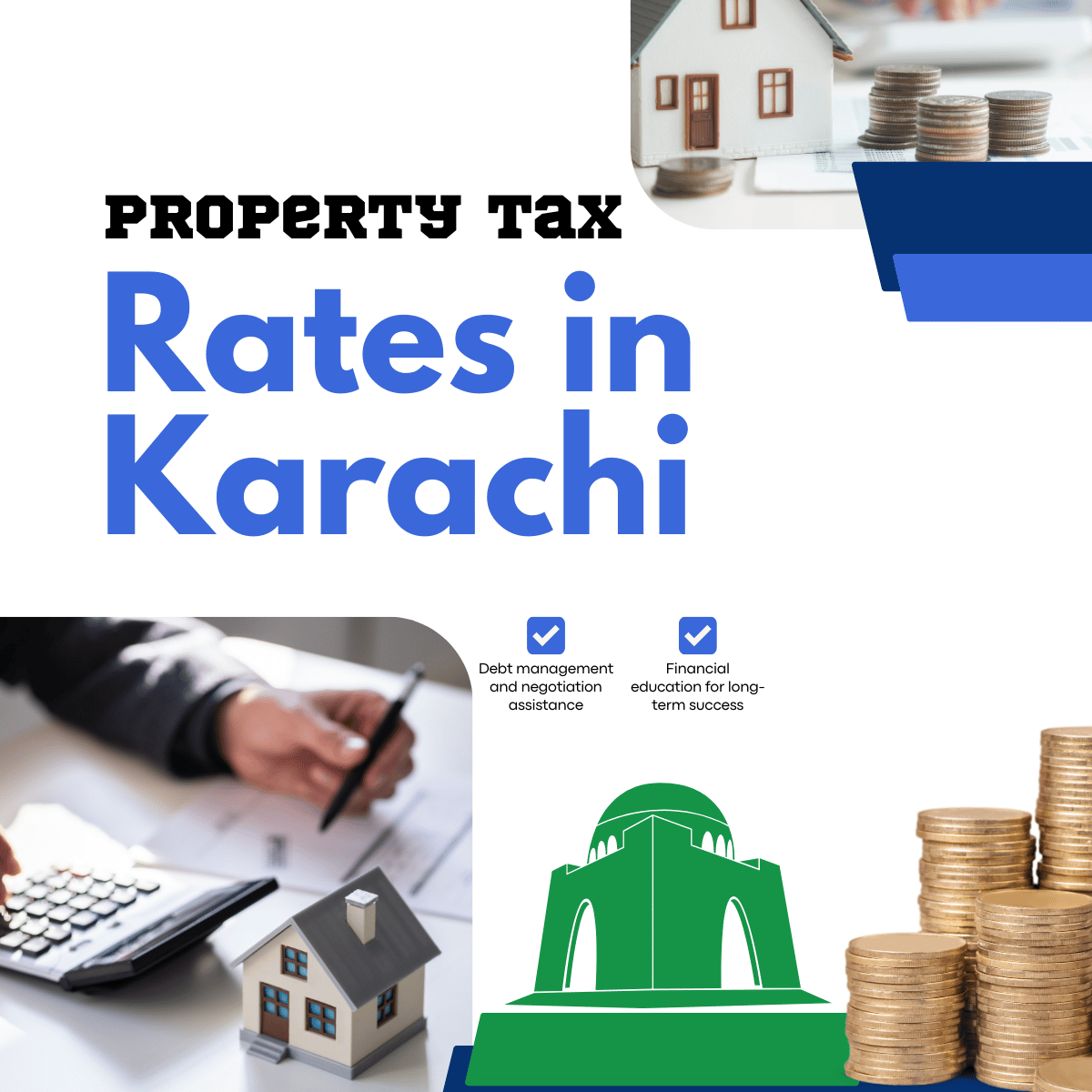
Understanding Loan Against Property: Eligibility Criteria, Interest Rates, And Risks
Introduction
- In Pakistan, securing a loan can be a vital financial strategy to achieve various goals, whether it's starting a business, funding education, or managing unforeseen expenses. One popular option for obtaining a substantial loan is by leveraging your property. Loan Against Property (LAP) is a financial product that allows property owners to pledge their real estate as collateral in exchange for a loan. In this comprehensive guide, we will explore the key aspects of Loan Against Property in Pakistan.

Understanding Loan Against Property
What is Loan Against Property (LAP)?
- Loan Against Property, also known as mortgage loan or property-backed loan, is a secured loan where you use your property as collateral to borrow money from a bank or financial institution. The property can be residential, commercial, or even a piece of land.
Eligibility Criteria
- To qualify for a Loan Against Property in Pakistan, you typically need to meet the following eligibility criteria
- You must be the legal owner of the property.
- The property should have a clear title and no outstanding dues.
- You should have a stable source of income to repay the loan.
- Lenders may also consider your credit score, age, and the property's current market value.
Loan Amount and Tenure
- The loan amount you can secure against your property depends on various factors, including the property's value, your repayment capacity, and the lender's policies. Loan tenures can range from a few years to several decades, depending on the lender.

Interest Rates
- The interest rates for Loan Against Property can be lower compared to unsecured loans due to the collateral involved. However, rates may vary between lenders, so it's crucial to compare and choose a competitive offer.
Loan Disbursement
- Once your loan is approved, the lender disburses the funds either as a lump sum or in installments, depending on the loan agreement.
Benefits of Loan Against Property
- Lower Interest Rates:
LAP generally offers lower interest rates compared to unsecured loans like personal loans or credit cards.
- Higher Loan Amount:
You can secure a higher loan amount due to the property's value.
- Flexible Use of Funds:
You can use the funds for various purposes, including business expansion, education, medical expenses, or debt consolidation.
- Longer Repayment Tenure:
LAP often comes with extended repayment tenures, making it easier to manage monthly installments.
- Tax Benefits:
In Pakistan, you may be eligible for tax benefits on the interest paid for a LAP under certain conditions. Consult a tax advisor for details.

Risks and Considerations
- Property at Risk:
Since your property serves as collateral, failure to repay the loan can result in the lender taking possession of your property.
- Loan Repayment:
Ensure you have a steady income to make timely loan repayments. Defaulting can lead to legal consequences and property loss.
- Market Fluctuations:
Property values can fluctuate over time, affecting the collateral's worth.
Conclusion
- Loan Against Property in Pakistan is a powerful financial tool that can help you achieve your goals by leveraging the value of your property. However, it's essential to understand the terms, risks, and responsibilities associated with this type of loan. Before proceeding, carefully assess your financial situation, compare offers from different lenders, and seek professional advice if necessary. When used wisely, a Loan Against Property can be a valuable asset in your financial portfolio.

Frequently asked questions (FAQs)
- 1. What is a Loan Against Property (LAP) in Pakistan?
- Answer: A Loan Against Property (LAP) in Pakistan is a secured loan product where property owners can use their residential or commercial property as collateral to borrow money from a bank or financial institution. The property's value determines the loan amount, and it must have a clear title to qualify as collateral.
- 2. What types of properties can be used as collateral for LAP in Pakistan?
- Answer: In Pakistan, both residential and commercial properties can typically be used as collateral for LAP. This includes houses, apartments, office spaces, shops, and even land. The property should have a clear title, meaning it should not have any outstanding dues or legal issues.
- 3. What is the tenure of a Loan Against Property in Pakistan?
- Answer: The loan tenure for LAP in Pakistan can vary from one lender to another, but it generally ranges from 5 to 20 years. The specific tenure depends on factors such as the borrower's repayment capacity and the lender's policies.
- 4. What is the interest rate for Loan Against Property in Pakistan?
- Answer: Interest rates for LAP in Pakistan vary among lenders and can be influenced by factors like the loan amount, tenure, and the borrower's creditworthiness. It's advisable to compare offers from different financial institutions to secure a competitive interest rate.
- 5. What happens if I default on my Loan Against Property in Pakistan?
- Answer: Defaulting on a LAP in Pakistan can have serious consequences. If you fail to make repayments, the lender may initiate legal proceedings to recover the outstanding debt. This can result in the property pledged as collateral being auctioned to settle the loan amount. It's crucial to ensure you have a stable source of income and a repayment plan in place before availing a LAP to avoid such situations.







